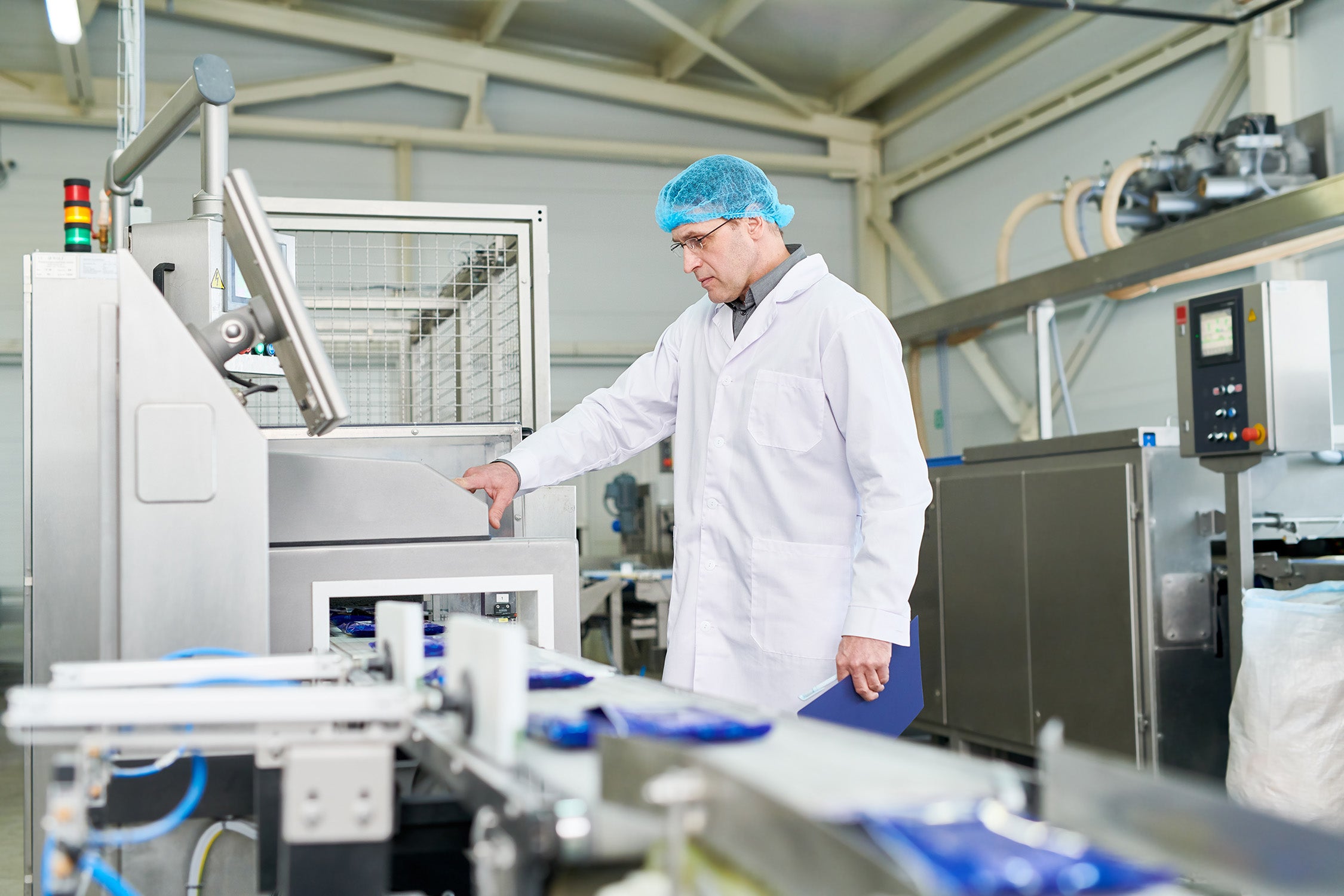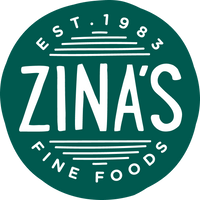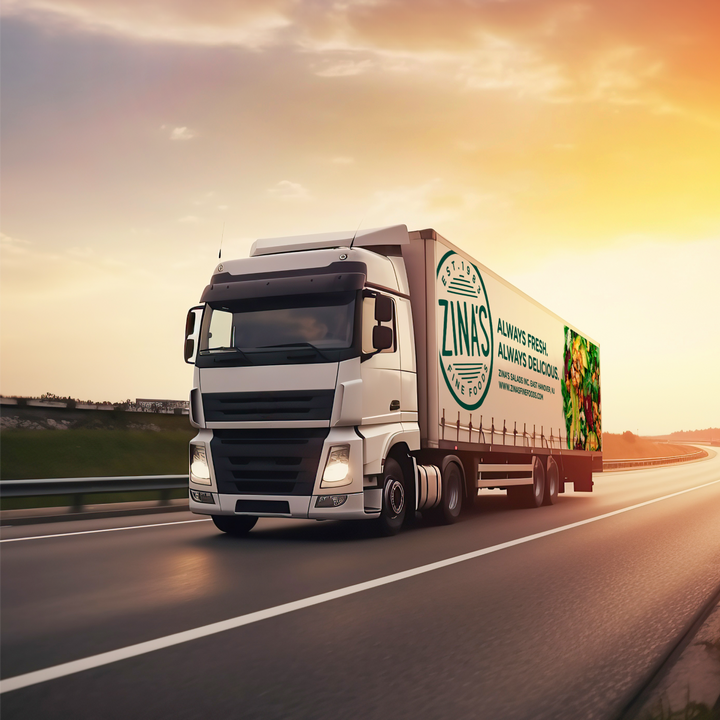
Starting a food business is one of the most exciting and rewarding experiences you can have. But where do you begin? There are many ways to approach creating a food business, with many important considerations. Either you make the product yourself or you let somebody else make it for you.
Manufacturing Startup: A Costly Idea
Unless you found out that starting a brand-new manufacturing firm from scratch can demand a lot of resources and funding for an established business that was on the verge of closing its doors, Finding a building, or even more expensively, building, equipping, and acquiring your own factory, can cost well into the six figures, if not millions of dollars.
Additionally, you need to buy the stock you require to make your final product, or your manufacturing inputs. Even though trademarks, patents, and licensing are expensive, engaging legal representation to protect your interests can be expensive. Your total costs, which include direct, indirect, variable, and fixed expenditures, are what ultimately determine how much a new manufacturing firm will cost. Start-up expenses can undoubtedly be a drawback.
Why private label?
When you want to start, there are many advantages to private labeling someone else's product instead of manufacturing your own. There are many advantages to private labeling someone else's product instead of manufacturing your own. There are many advantages to private labeling over manufacturing your product. Perhaps the most obvious benefit is that it saves you the time and expense of setting up your own manufacturing facility.
Private label manufacturers also have the advantage of economies of scale, meaning they can produce your product more cheaply than you could on your own. Another advantage is that private label manufacturers usually offer a wide range of services, including packaging and design, which can be a big help when you're starting out. And because they're already in the business, they can provide valuable advice and insights into the food manufacturing industry. Of course, there are also some disadvantages to private labeling.
 One is that you may have less control over the quality of your product since you're not overseeing production yourself. And because you're relying on another company to produce your product, you may have less flexibility if something goes wrong or if you need to make changes. Overall, though, the advantages of private labeling far outweigh the disadvantages for most companies starting out in the food manufacturing business. It's an efficient and cost-effective way to get your products to market quickly and with minimal hassle.
One is that you may have less control over the quality of your product since you're not overseeing production yourself. And because you're relying on another company to produce your product, you may have less flexibility if something goes wrong or if you need to make changes. Overall, though, the advantages of private labeling far outweigh the disadvantages for most companies starting out in the food manufacturing business. It's an efficient and cost-effective way to get your products to market quickly and with minimal hassle.
Partnering with Salad Manufacturing Companies: A Sustainable and Cost-Effective Approach
In the context of the food industry, one of the most effective applications of the private label model is in the realm of salad manufacturing companies. Given the perishable nature of salads, the requirements for high hygiene standards, and the need for specialized equipment to ensure the freshness and quality of salads, it's a sector that is particularly suited to a private label approach.
Choosing to work with a specialized salad manufacturing company can offer numerous benefits for your food business. First, it eliminates the need for you to invest in expensive salad production machinery, premises, and specialist staff. This significantly reduces your overhead costs and allows you to focus your resources on other areas of your business, such as marketing and customer service.
Second, by leveraging the expertise of salad manufacturers, you can ensure the quality and safety of your product. These companies specialize in salad production and have stringent quality control measures in place to ensure the freshness and safety of their products. This can help you build a strong reputation for quality and earn the trust of your customers.
Third, salad manufacturers often have established relationships with suppliers, which can help you secure the best prices for your ingredients. Many of these companies also offer salad wholesale services, which can further reduce your costs and streamline your supply chain.
Additionally, partnering with a salad manufacturing company can also enable you to embrace sustainability in your business operations. Many salad manufacturers are taking steps to reduce their environmental impact, such as using eco-friendly packaging and implementing waste reduction strategies. By choosing to work with a sustainable salad manufacturing company, you can align your business with these values and cater to the growing consumer demand for environmentally friendly products.
Private labeling food, particularly salads, through a salad manufacturing company also allows you to quickly respond to market trends and customer preferences. For instance, if there's a growing trend for vegan or gluten-free salads, your salad manufacturer can quickly adjust the production process to cater to these preferences, allowing you to stay competitive in the fast-paced food industry.
In conclusion, while there's no one-size-fits-all answer to starting a food business, partnering with a salad manufacturing company can be a cost-effective and sustainable approach. It allows you to leverage the expertise and resources of established manufacturers while focusing on growing your brand and catering to your customers' needs.
To create your own product is a good idea but if you don't want to invest in food processing machinery and can't wait for a long time, private labeling might be the better option for you.






